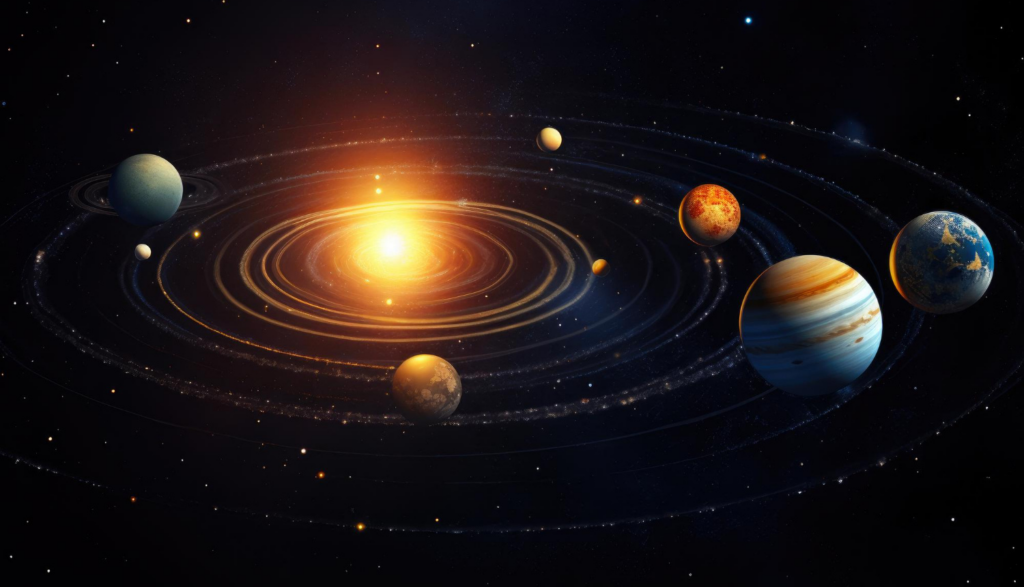Astrology, the ancient art of studying celestial bodies’ positions and their influence on human affairs, offers profound insights into individual personalities and societal trends. While the inner planets (Mercury, Venus, Mars, Jupiter, and Saturn) often steal the limelight in astrological interpretations, the outer planets (Uranus, Neptune, and Pluto) hold immense significance in understanding generational dynamics and societal shifts.
The outer planets move at a much slower pace through the zodiac compared to the inner planets, thus exerting a generational influence rather than individual impact. Their transits mark significant epochs in history, shaping collective consciousness, values, and cultural movements.
Uranus, the planet of innovation and revolution, heralds periods of upheaval and change. Its influence prompts societal awakenings, technological advancements, and rebellions against established norms. The 1960s, marked by countercultural movements, civil rights activism, and technological breakthroughs, exemplify Uranus’s impact on a generation seeking freedom and individuality.
Neptune, the planet of dreams and illusions, inspires creativity, spirituality, and idealism. Its transits often coincide with periods of artistic renaissance, spiritual awakenings, and utopian visions. The Romantic era of the 19th century, characterized by artistic expression, romanticism, and spiritual exploration, mirrors Neptune’s influence on collective imagination and cultural expression.
Pluto, the planet of transformation and regeneration, signifies deep-seated changes, power struggles, and societal evolution. Its transits bring about intense transformations, exposing hidden truths and catalyzing profound shifts in societal structures. The 20th century witnessed Pluto’s influence in geopolitical upheavals, economic crises, and cultural revolutions, shaping the destiny of entire generations.
Related: Celestial Self-Care: Astrology-Inspired Ways to Prioritize Wellness

Understanding the outer planets’ collective impact on generational trends requires examining their configurations and interactions over time. Conjunctions, squares, and oppositions between outer planets signify critical junctures in history, triggering transformative events and cultural paradigms.
In modern astrology, the concept of “generational planets” has emerged to describe the outer planets’ significance in understanding long-term trends. These planets shape the collective psyche of entire generations, leaving an indelible mark on cultural, social, and political landscapes.
Moreover, the outer planets’ placement in a birth chart offers insights into an individual’s generational influences and their role in shaping personal values and aspirations. By exploring the interplay between inner and outer planets, astrologers unravel the intricate tapestry of generational dynamics and societal evolution.
In essence, the outer planets in astrology serve as celestial architects, sculpting the contours of generational trends and cultural movements. Their transits weave the fabric of history, guiding humanity through periods of revolution, enlightenment, and transformation. By studying their collective impact, we gain a deeper appreciation of the interconnectedness between cosmic forces and human destiny.
Related: The Elements Behind the Signs: Fire, Earth, Air, and Water in Astrology





















